The Connection Between Poverty and the Loss of Bus Service
All the city news you can use.
Every day at The Overhead Wire we sort through over 1,500 news items about cities and share the best ones with our email list. At the end of the week, we take some of the most popular stories and share them with Urban Milwaukee readers. They are national (or international) links, sometimes entertaining and sometimes absurd, but hopefully useful.
Fixing the woes of transit requires focus: The pandemic has reduced ridership and crippled the funding mechanisms for transit agencies creating a coming fiscal cliff for transit agencies. To save them, David Zipper argues that transit agencies need to have a singular focus on transit service that gets people riding again, ignoring other issues such as bus electrification, crime, and free fares that he says distracts from the main mission. (David Zipper | Vox)
Parking lots eat cities: One average about one fifth of all land in cities, taking up valuable space that could be used for productive buildings and creating hazards for pedestrians and cyclists. To illustrate how much space is taken up by parking spaces, the Parking Reform Network has mapped parking lots on aerial photos in 50 cities around the country to show just how much space is dedicated to automobile storage. (Frank Jacobs | Big Think)
Buildings look boring because of stairs: A lot of architecture critics and general observers think that American multifamily buildings have boring designs. Michael Eliason believes it’s because of stair and corridor requirements for buildings above three stories that doesn’t exist anywhere else in the world. One solution is to allow what Eliason calls point access blocks or buildings with a single stair that have a greater ability to use space better. (Michael Eliason | The Architect’s Newspaper)
How citizens can control the budget: Cities around the world are trying a system of participatory budgeting that allow citizens to choose how their tax dollars should be spent. There’s hope that with this process, cities can improve public services and create more trust in government. In Cascais Portugal, the system shows how the idea works on a larger scale with 15% of spending budgeted by a participatory process since 2011. (Nick Romeo | The New Yorker)
Quote of the Week
I’m sorry to break it to anyone who has trouble keeping their car out of a bike lane (or off a concrete barrier), but it’s not the bike lane’s fault you’re a sh**** driver. If you hit something stationary, that’s your fault. Pay attention to the f******* road while you’re driving. It’s not too much to ask when other people’s lives are literally at stake.
–Collin Woodard in Jalopnik discussing the weird need by some to blame bike and pedestrian safety infrastructure for their bad driving.
This week on the podcast, we chat with Miami-Dade County Commissioner Eileen Higgins about the South Dade Busway, the importance of FTA ratings in getting projects built, and why she thinks it’s important as an elected official to ride transit.
Want more links to read? Visit The Overhead Wire and signup.
Transportation
-
MCTS Adds 28 New Buses
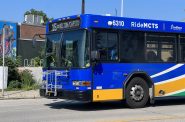 Jul 13th, 2024 by Graham Kilmer
Jul 13th, 2024 by Graham Kilmer
-
MCTS Designing New Bus Shelters
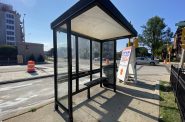 Jul 10th, 2024 by Graham Kilmer
Jul 10th, 2024 by Graham Kilmer
-
MCTS Updates RNC Bus Detours To Better Serve Downtown, Riders
 Jul 9th, 2024 by Jeramey Jannene
Jul 9th, 2024 by Jeramey Jannene
Urban Reads
-
How Traffic Noise Impacts Children’s Brains
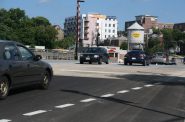 Jul 1st, 2024 by Jeff Wood
Jul 1st, 2024 by Jeff Wood
-
Number of Super Commuters is Rising
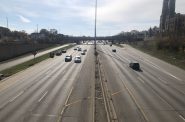 Jun 22nd, 2024 by Jeff Wood
Jun 22nd, 2024 by Jeff Wood
-
Why Has the Walkable City Been Villainized?
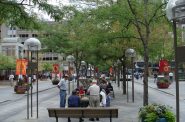 Jun 9th, 2024 by Jeff Wood
Jun 9th, 2024 by Jeff Wood


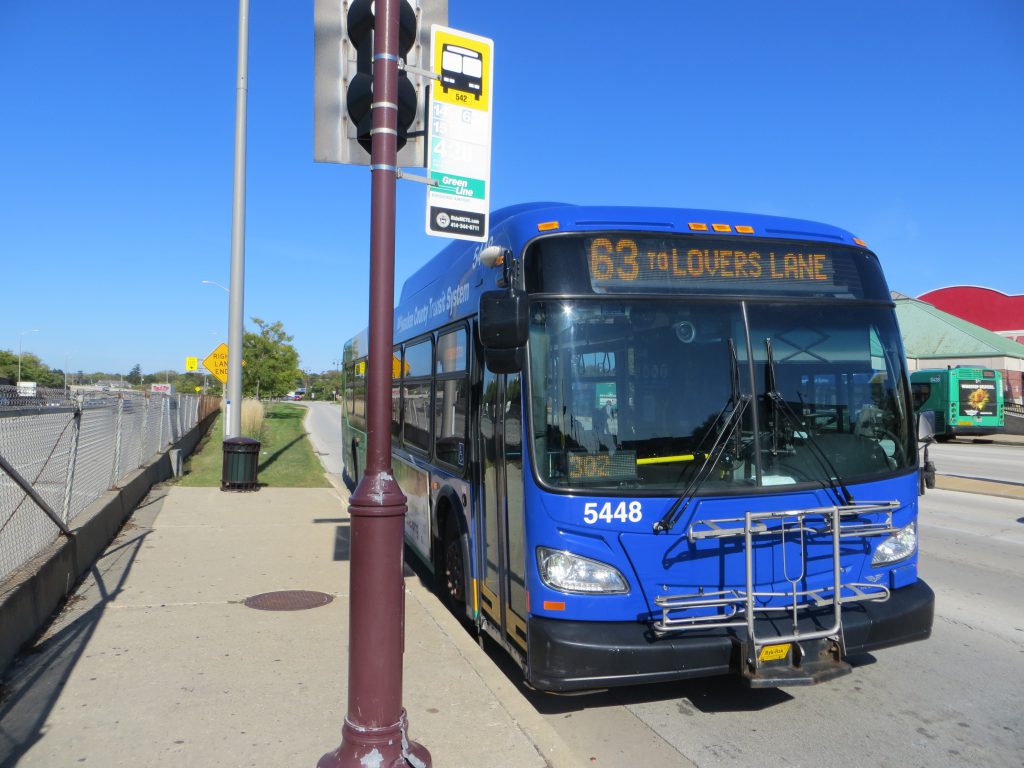




















it seems a no-brainer to me that the buses actually fix a lot of things. if you are a senior who walks a lot, as i am. the bus is a life line when you’re tired. the people who ride the bus, need to ride the bus, as my son does when he goes to work five days a week. this is not nyc where folks take the fifth ave bus to get off at the met. museum. our alderpersons and supervisors need to get on the bus and ride around to see what is happening in our community. fix them, make them reasonable to ride, put in routes that support workers. this is a no brainer.